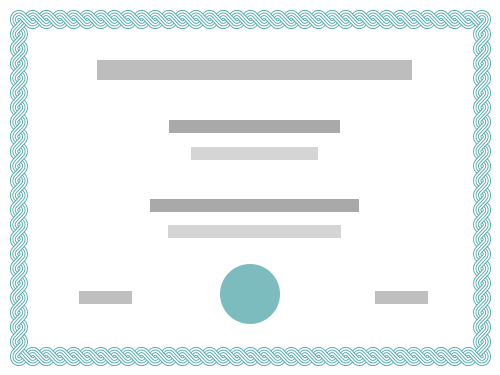Fostering COVID-19 Vaccine Confidence In Russian and Ukrainian-Speaking Communities: A Training for Providers
Course
This course is designed to help healthcare providers who work with Russian- and Ukrainian-speaking patients better address vaccine hesitancy and foster COVID-19 vaccine confidence within these communities.
.png?lmsauth=9d204679b22924b774156def7281c788799f6c59)
(2).jpg?lmsauth=e663e838c203e534d78a771b299634d704829616)
About this Independent Study
This activity was originally released on July 27, 2021. This course was updated in October 2023. Once registered, you must complete the course within 150 days, or you will be deactivated. To be reactivated, contact us.
Healthcare providers will learn how to better understand vaccine hesitancy within the Russian- and Ukrainian-speaking population to address the disproportionately low childhood immunization rates and high number of COVID-19 illnesses, hospitalizations, and deaths within Russian- and Ukrainian-speaking communities in Washington state. By preparing healthcare providers to better understand vaccine hesitancy within the Russian- and Ukrainian-speaking population, providers will be better able to foster vaccine confidence, identify language and cultural barriers that may impede vaccine hesitancy, and adopt strategies to initiate conversations about the COVID-19 vaccine.
To Enroll
Select the Enroll button in the upper right corner of the screen.
Who Should Take This Course
Healthcare providers and others who work with Russian- and Ukrainian-speaking patients including physicians, nurses, pharmacists and medical assistants.
Objectives
After completing this online course, participants will be able to:
- Describe low vaccination rates in the Russian- and Ukrainian-speaking communities of Washington;
- List key reasons why community members may be hesitant to receive COVID-19 vaccines;
- Explain a health professional’s role in promoting vaccine confidence;
- Identify language and cultural barriers that may prevent having an open dialogue about COVID-19 vaccines with community members; and
- Adopt strategies to initiate conversations about the COVID-19 vaccine with Russian- and Ukrainian-speaking patients.
Registration & Fees
The eLearning course is free of charge.
Disclosures
Dr. Gretchen LaSalle, planner for this educational activity, has received a research grant from Merck Pharmaceuticals. All of the relevant financial relationships listed for her have been mitigated. The other planners and presenters of this activity have no relevant financial relationships with any ineligible companies to disclose.
Acknowledgements
This eLearning course was developed by Julie Nanavati, MA, MLS in partnership with WithinReach and the WA State Department of Health and presented by Dr. Gretchen La Salle.
Dr. Gretchen LaSalle is a board-certified Family Physician in Spokane, Washington and is a Clinical Associate Professor for the Washington State University Elson S. Floyd College of Medicine. In 2020 Dr. LaSalle was accepted as an American Academy of Family Physicians Vaccine Science Fellow. She is passionate about prevention, community health, and education and is a self-described “semi-obsessed” vaccine advocate.
We would also like to acknowledge Dr. Douglas, J. Opel, MD, MPH Associate Professor, Department of Pediatrics University of Washington School of Medicine, Stacy Leman, Vaccine Quality Assurance Consultant for the Virginia Department of Health/Division of Immunization, and Dr. Tetyana Odarich, a physician at Sunrise Family Medical, Happy Valley, Oregon for their valuable contributions to this course.
And, special thanks to the Former Soviet Union Vaccine Hesitancy Community Workgroup for their expertise and feedback.
This eLearning course is supported by the Washington State Department of Health.
(2).png?lmsauth=bd796a94e7ceab3c4d5b41a4dbbf741724488599)
Here is the course outline:
Why Russian- and Ukrainian-Speaking Communities? |
Reasons for Hesitancy |
Your Role as a Heath Care Provider |
Language and Cultural Barriers |
Covid-19 Vaccine Conversations |
Evaluation and Certificate |
Completion
The following certificates are awarded when the course is completed:
 |
Certificate of Completion |
 |
CME for MD/DO Jointly Provided: Enduring Material |
 |
CME for Non-MD/DO Jointly Provided: Enduring Material |
 |
MNA_CNE Independent Study |
 |
Certified Medical Assistants (CMA) |




.png?lmsauth=5ec29864a644c9f8cc34d8b4d240dcd4c9cbb8e6)